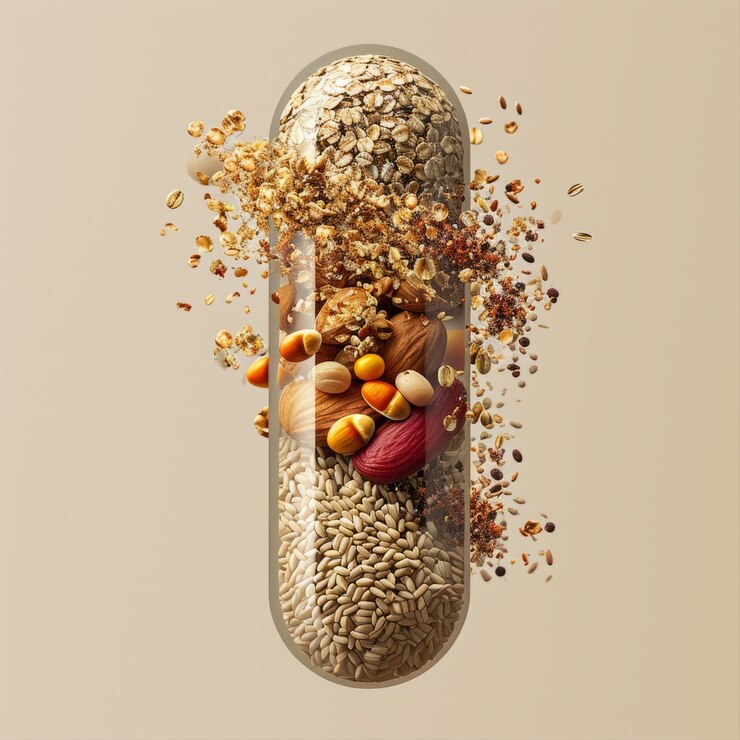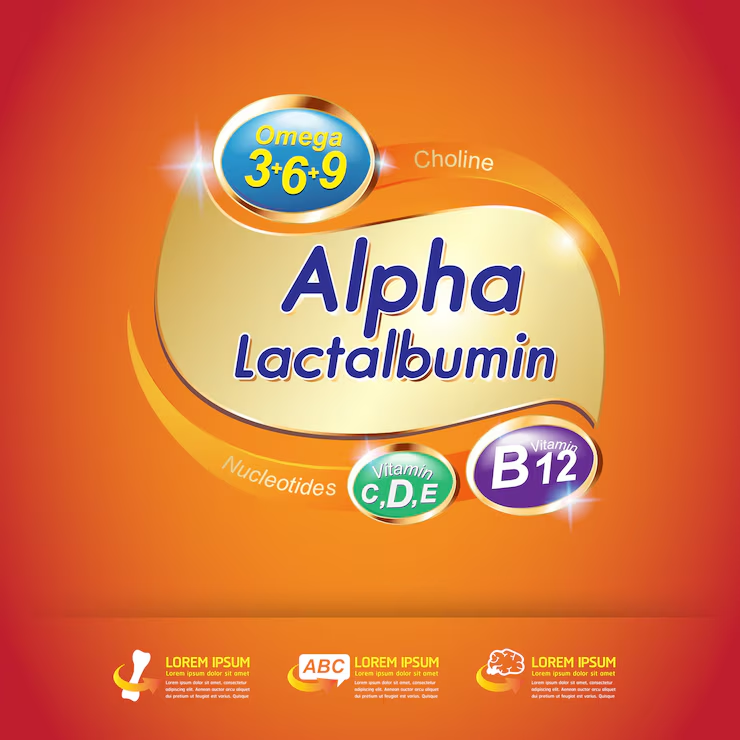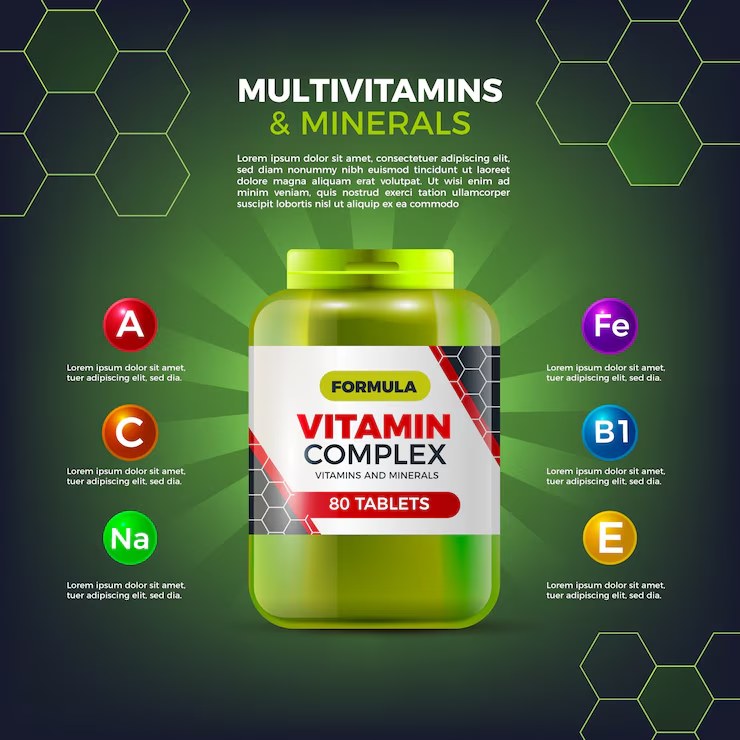Understanding Nutramigen Formula: What Is It?
Nutramigen formula is a specialized infant formula created to meet the unique nutritional needs of babies who suffer from cow’s milk protein allergy (CMPA) or other digestive sensitivities. Developed by Mead Johnson, this hypoallergenic formula features extensively hydrolyzed proteins, meaning that the milk proteins are broken down into very small fragments, making them less likely to trigger allergic reactions.
Parents often encounter Nutramigen after noticing troubling symptoms in their babies—persistent crying, colic, vomiting, diarrhea, eczema, or even blood in the stool—following the use of regular formula or breast milk. These could be signs of a food allergy, especially CMPA. Pediatricians and pediatric allergists frequently recommend Nutramigen as a solution, offering a gentler, easily digestible option that can significantly reduce or eliminate symptoms.
Who Should Consider Nutramigen Formula?
Nutramigen is not a general-use infant formula. It’s designed for infants with medically diagnosed CMPA or food intolerance who cannot tolerate regular cow’s milk-based formulas. Approximately 2–3% of babies are affected by CMPA, and for these infants, conventional formulas can cause considerable discomfort and even hinder growth and development.
Some babies who cannot even tolerate partially hydrolyzed or lactose-free formulas may require the extensively hydrolyzed proteins in Nutramigen. It is also enriched with DHA and ARA, fatty acids that support brain and eye development, ensuring that babies receive optimal nutrition while managing their allergies.
Key Benefits of Nutramigen Formula
One of the most celebrated benefits of Nutramigen formula is the fast and noticeable relief it provides for babies suffering from allergic reactions. Many parents report improvements in just a few days, including reduced fussiness, better sleep, less gas, fewer skin eruptions, and more regular bowel movements.
The formula is nutritionally complete, containing essential vitamins, minerals, iron, and other nutrients needed for healthy growth. Nutramigen is also fortified with probiotics, especially LGG (Lactobacillus rhamnosus GG), which helps support digestive health and may promote the development of tolerance to cow’s milk proteins over time.
This gradual development of tolerance is especially important, as most children eventually outgrow CMPA. By starting early with a hypoallergenic formula like Nutramigen, many babies experience fewer setbacks in their nutritional journey.
How Nutramigen Compares to Other Hypoallergenic Formulas
There are a few main competitors in the hypoallergenic formula market, including Similac Alimentum and Neocate. Nutramigen and Alimentum are both extensively hydrolyzed formulas and generally serve similar purposes. However, some babies respond better to one over the other depending on individual digestive responses and sensitivities.
Neocate, an amino acid-based formula, is typically reserved for babies who cannot tolerate even extensively hydrolyzed formulas like Nutramigen. It’s considered the most elemental type of formula and is often recommended in severe allergy cases.
In terms of effectiveness, Nutramigen is often the first choice due to its clinical track record and inclusion of beneficial probiotics. Cost, availability, and pediatrician preference also play a role in deciding which formula to use.
Drawbacks and Considerations Before Switching
Despite its many advantages, Nutramigen does come with a few potential drawbacks. Its distinct bitter taste and smell can be off-putting to some infants, especially if they’re transitioning from a sweeter-tasting formula or breast milk. However, many babies adjust after a few feedings.
Cost is another factor. Nutramigen is significantly more expensive than standard infant formulas, sometimes costing up to three times more. Thankfully, in many cases, insurance or government programs like WIC may cover hypoallergenic formulas when prescribed by a physician. It’s essential to check eligibility and coverage with your healthcare provider and insurance company.
There are also cases where Nutramigen might not fully resolve a baby’s symptoms, particularly if the allergy is severe. In such instances, an amino acid-based formula like Neocate might be required under pediatric supervision.

Tips for Transitioning to Nutramigen
Switching formulas can be a tricky time, especially if your baby is already experiencing digestive issues. To ease the transition, consider mixing Nutramigen with your baby’s current formula in gradually increasing amounts over a few days. This can help with taste acceptance and digestive adjustment.
During the first week or two, monitor for signs of improvement—calmer behavior, reduced crying, fewer rashes, and better stool consistency. You may also notice your baby sleeping better and feeding more comfortably. However, give the new formula at least 7–10 days before drawing conclusions unless symptoms worsen. Always discuss any concerns with your pediatrician.
Also, be sure to prepare the formula exactly as instructed on the packaging. Hypoallergenic formulas may differ in consistency and need to be measured precisely to provide the correct nutrition and avoid over- or under-feeding.
How Long Should Babies Stay on Nutramigen?
The duration of Nutramigen use depends largely on the baby’s condition and how quickly their immune system matures. Many babies begin to outgrow cow’s milk protein allergy between one and three years of age. During this time, pediatricians may conduct periodic re-evaluations and recommend controlled food challenges to assess if the allergy has resolved.
Some children may require Nutramigen or another hypoallergenic formula for their entire first year, while others may transition off it sooner. It’s crucial to follow medical guidance and not rush the transition to regular formula or cow’s milk, as premature exposure can trigger allergic reactions.
Real Parent Experiences with Nutramigen
Many parents describe Nutramigen as a “game changer”—especially those who have struggled for weeks or months with inconsolable crying, sleep issues, and confusing symptoms. For some, the shift is almost immediate: within a couple of days, babies seem more comfortable, happier, and healthier.
However, others point out the adjustment phase can be difficult. Babies may initially refuse the new taste or experience temporary changes in stool patterns. Yet with persistence, most parents report that Nutramigen helped restore peace and confidence in their feeding journey.
Conclusion: Is Nutramigen Formula the Right Choice?
In the vast landscape of infant nutrition, Nutramigen stands out as a thoughtfully designed, scientifically backed formula for a very specific group of babies. If your child has been diagnosed with cow’s milk protein allergy or persistent food sensitivities, Nutramigen can offer meaningful relief, improved health outcomes, and peace of mind.
Yes, it may be more expensive and take some getting used to, but for many families, the trade-off is well worth it. Babies who are in distress due to allergies finally find comfort, and parents find relief in knowing they’re providing safe, complete nutrition.
Ultimately, choosing Nutramigen should be a collaborative decision made with your pediatrician. If your baby is struggling with unexplained symptoms and traditional formulas haven’t helped, Nutramigen could be the solution you’ve been searching for. When used properly and consistently, it’s more than just a formula—it’s a step toward healing, growth, and a brighter beginning.

FAQS
What is Nutramigen formula used for?
Nutramigen is a hypoallergenic infant formula designed for babies with cow’s milk protein allergy (CMPA) or severe food intolerances.
How quickly does Nutramigen work?
Many parents notice improvements in symptoms—such as reduced crying, better sleep, and improved digestion—within just a few days of starting Nutramigen.
Is Nutramigen safe for long-term use?
Yes, Nutramigen is nutritionally complete and safe for long-term use under a pediatrician’s guidance, often used through the first year of life or until CMPA is outgrown.
Why does Nutramigen taste and smell different?
Because it contains extensively hydrolyzed proteins and no added sugars, Nutramigen has a naturally bitter taste and distinct smell that some babies may need time to adjust to.
Is Nutramigen covered by insurance or WIC?
In many cases, yes—when medically prescribed for CMPA or similar conditions, Nutramigen may be covered by insurance or government assistance programs like WIC.

